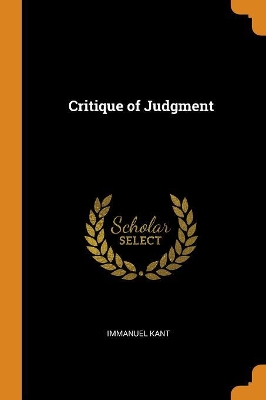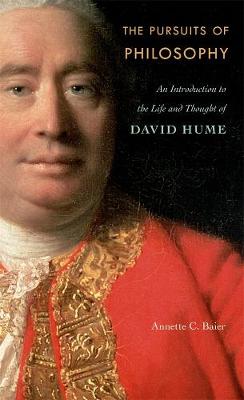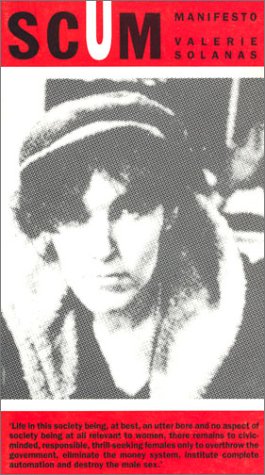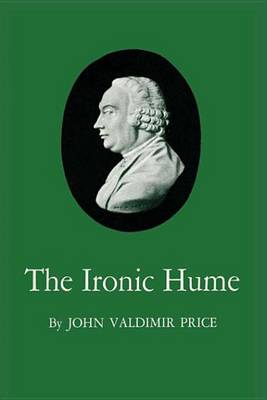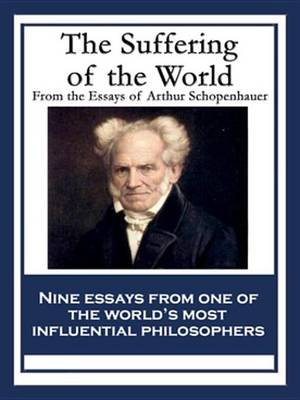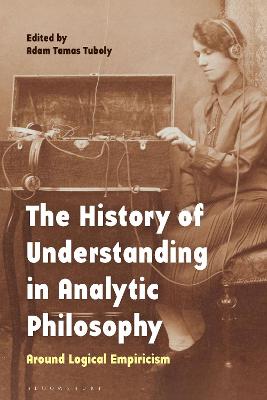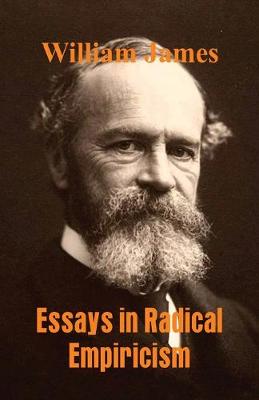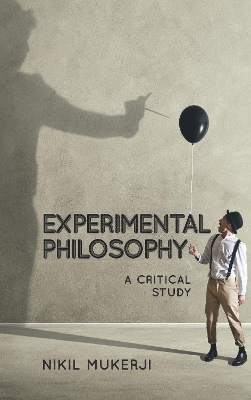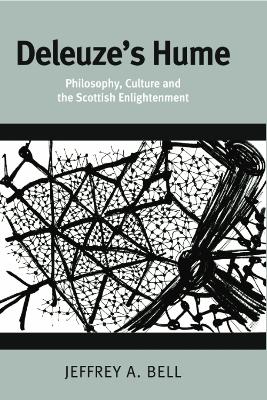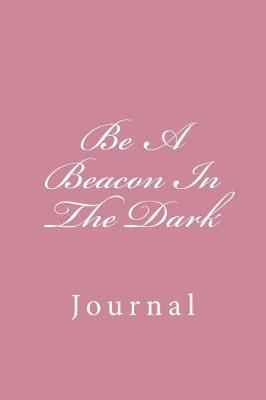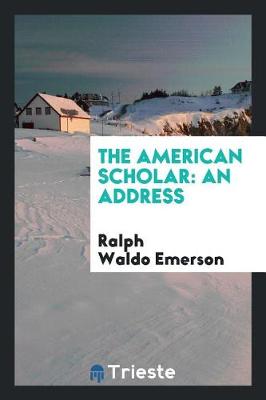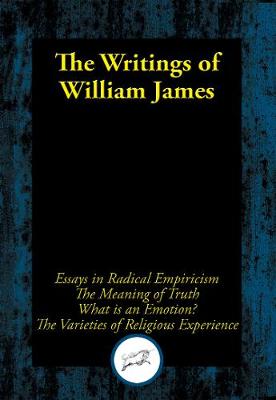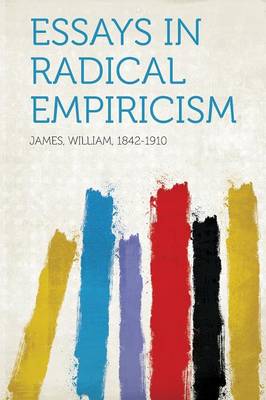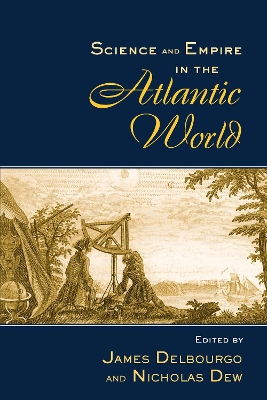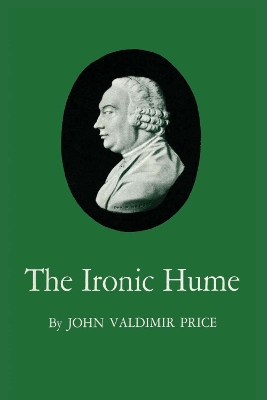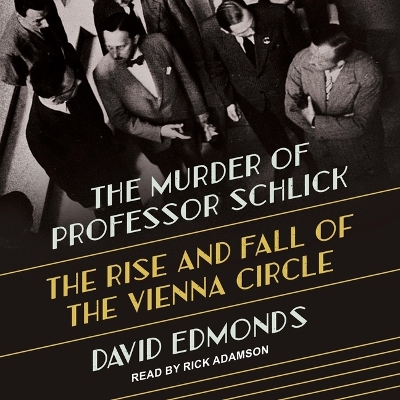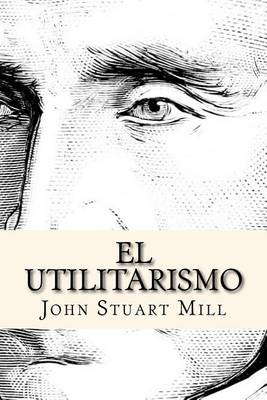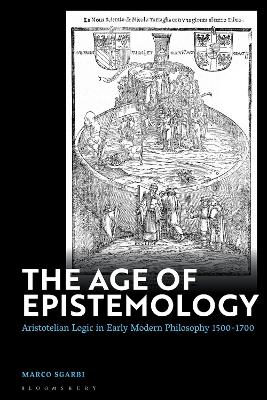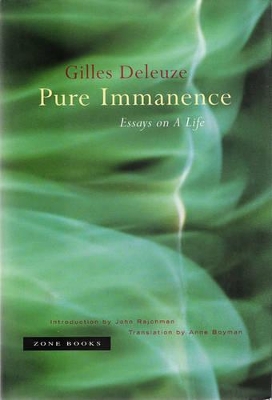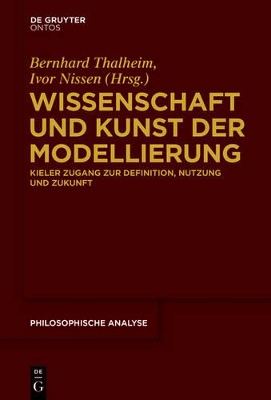Considered by Kant to be the culmination of his critical philosophy, "The Critique of Judgement" was the last work in the trilogy begun with "The Critique of Pure Reason" and continued with "The Critique of Practical Reason". In this work Kant seeks to establish the a priori principles underlying the faculty of judgement, just as he did in his previous analyses of pure and practical reason. The first part deals with the subject of our aesthetic sensibility; we respond to certain natural phenomen...
Marking the tercentenary of David Hume's birth, Annette Baier has created an engaging guide to the philosophy of one of the greatest thinkers of Enlightenment Britain. Drawing deeply on a lifetime of scholarship and incisive commentary, she deftly weaves Hume’s autobiography together with his writings and correspondence, finding in these personal experiences new ways to illuminate his ideas about religion, human nature, and the social order.Excerpts from Hume’s autobiography at the beginning of...
SCUM Manifesto was considered one of the most outrageous, violent and certifiably crazy tracts when it first appeared in 1968. Valerie Solanas, the woman who shot Andy Warhol, self-published this work just before her rampage against the king of Pop Art made her a household name and resulted in her confinement to a mental institution. But the Manifesto, for all its vitriol, is impossible to dismiss as just the rantings of a lesbian lunatic. In fact, the work has indisputable prescience, not only...
Many of the seemingly bland assertions and bald statements of the eighteenth-century philosopher David Hume contain more than the mind immediately perceives. Author John Valdimir Price contends that an understanding of Hume's writings cannot be separated from an understanding of his life. By examining the works of Hume, Price shows the way in which an ironic way of seeing events and an ironic mode of expression permeated Hume's life and writings. Price examines Hume's irony as it is exhibite...
Interpretive understanding of human behaviour, known as verstehen, underpins the divide between the social sciences and the natural sciences. Taking a historically orientated approach, this collection offers a fresh take on the development of understanding within analytic philosophy before, during and after logical empiricism. In doing so, it reinvigorates debates on the role of the social sciences within contemporary epistemology. Bringing together leading experts including Martin Kusch, Tho...
William James believed that events could not be catalogued simply as a series of facts, but had to be considered through the lens of experience. Thus each person affects and modifies their own reality based on their own unique experiences and points of view. Ultimately you can quantify facts, but only if you understand how the person looking at these facts will affect and change them.
Over the past one and a half decades, the scope of experimental philosophy (x-phi) has expanded significantly. Experimental research programmes now cover almost all areas of philosophy, including epistemology, the philosophy of language, action theory, and the free will debate, to name just a few. This volume introduces the reader to these new developments in an accessible and systematic way. It explains how x-phi differs from traditional views of philosophy, investigates in depth how it uses em...
This book offers the first extended comparison of the philosophies of Gilles Deleuze and David Hume. Jeffrey Bell argues that Deleuze's early work on Hume was instrumental to Deleuze's formulation of the problems and concepts that would remain a focus of his entire corpus. Reading Deleuze's work in light of Hume's influence, along with a comparison of Deleuze's work with William James, Henri Bergson, and others, sets the stage for a vigorous defence of his philosophy against a number of recent c...
Science and Empire in the Atlantic World (New Directions in American History)
Science and Empire in the Atlantic World is the first book in the growing field of Atlantic Studies to examine the production of scientific knowledge in the Atlantic world from a comparative and international perspective. Rather than focusing on a specific scientific field or single national context, this collection captures the multiplicity of practices, people, languages, and agendas that characterized the traffic in knowledge around the Atlantic world, linking this knowledge to the social pro...
Many of the seemingly bland assertions and bald statements of the eighteenth-century philosopher David Hume contain more than the mind immediately perceives. Author John Valdimir Price contends that an understanding of Hume's writings cannot be separated from an understanding of his life. By examining the works of Hume, Price shows the way in which an ironic way of seeing events and an ironic mode of expression permeated Hume's life and writings. Price examines Hume's irony as it is exhibited in...
Marco Sgarbi tells a new history of epistemology from the Renaissance to Newton through the impact of Aristotelian scientific doctrines on key figures including Galileo Galilei, Thomas Hobbes, René Descartes, John Locke, Gottfried Wilhelm Leibniz, and Isaac Newton. This history illuminates the debates philosophers had on deduction, meditation, regressus, syllogism, experiment and observation, the certainty of mathematics, and the foundations of scientific knowledge. Sgarbi focuses in on the A...
Essays by Gilles Deleuze on the search for a new empiricism. The essays in this book present a complex theme at the heart of the philosophy of Gilles Deleuze, what in his last writing he called simply "a life." They capture a problem that runs throughout his work-his long search for a new and superior empiricism. Announced in his first book, on David Hume, then taking off with his early studies of Nietzsche and Bergson, the problem of an "empiricist conversion" became central to Deleuze's work,...
